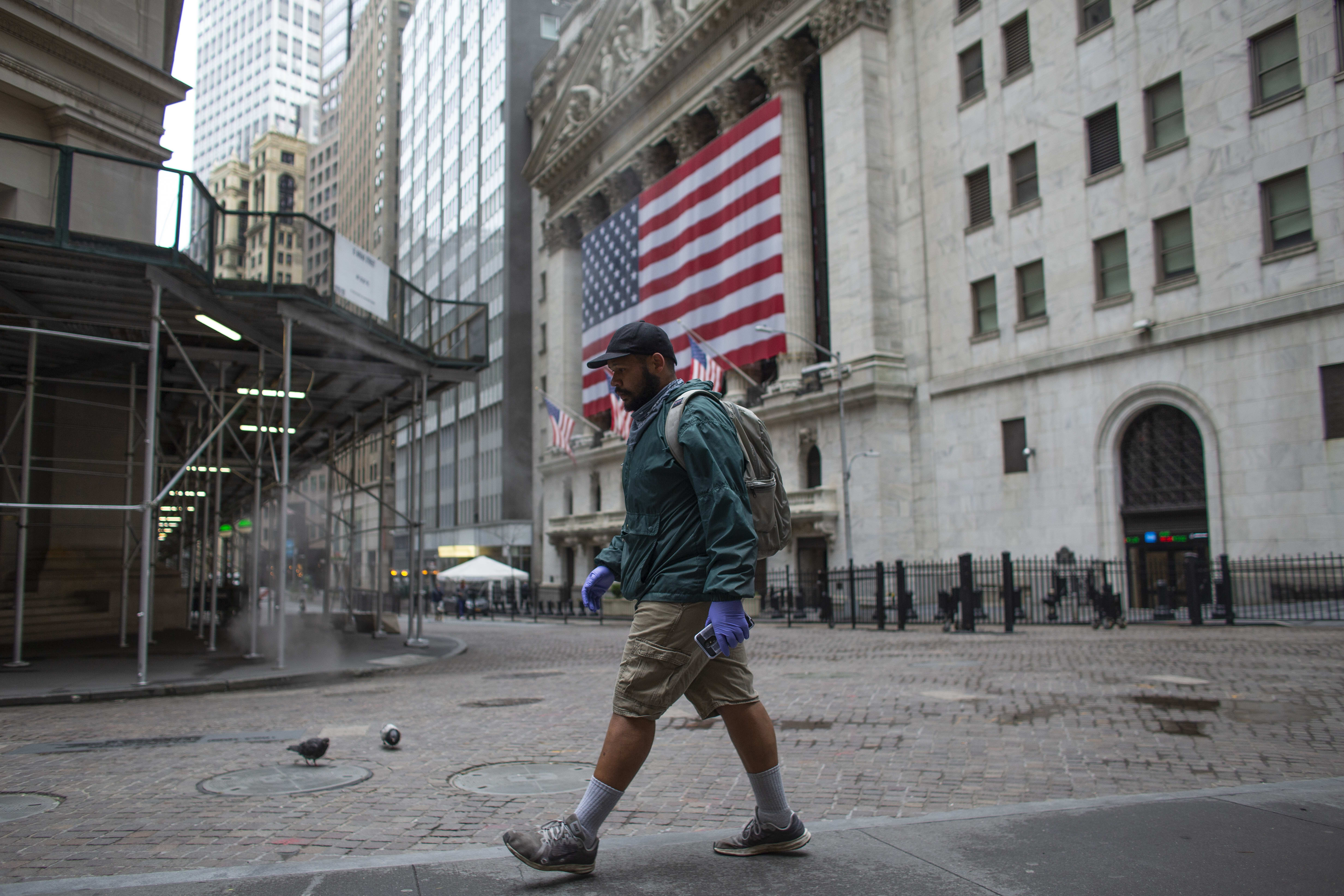
Neel Kashkari, president of the Minneapolis Federal Reserve, in an interview on February 17, 2016.
David Orrell | CNBC
Minneapolis Federal Reserve President Neel Kashkari said Sunday he expects the path to economic recovery from the coronavirus pandemic will be a “long, hard road,” pouring cold water on hopes for a “V-shaped” rebound.
Kashkari, who oversaw the Troubled Asset Relief Program that the U.S. implemented in the wake of the 2008 financial crisis, said on CBS’ “Face The Nation” that expectations for a sharp, speedy recovery seem too optimistic.
“It would be wonderful if some new therapy were developed in the next couple months,” Kashkari said. “Then potentially we would have a V-shaped recovery” – a phrase describing a steep market decline followed by a galloping rally.
But “barring some health-care miracle like that, it seems we’re going to have various phases of rolling flare ups,” Kashkari said, with “different parts of the economy turning back on, maybe turning back off again.”
“This could be a long, hard road that we have ahead of us until we get to either an effective therapy or a vaccine. It’s hard to see a V-shaped recovery under that scenario,” Kashkari said.
Kashkari’s gloomy outlook came days after the Labor Department reported that another 6.6 million Americans filed first-time unemployment claims in the past week. That massive spike brought the total number of jobless claims to 16 million over just three weeks, a staggering figure equivalent to about 10% of the U.S. workforce.
Other business leaders echoed Kashkari’s comments. Entrepreneur and Dallas Mavericks owner Mark Cuban told Fox News on Sunday that he thinks recovery will come “slower” than the V-shaped model investors are hoping for.
“People are not going to feel confident right off the bat. There’s going to be a lot of trepidation. That concern is going to lead to people holding back in spending money,” Cuban said.
Another Fed president, St. Louis’ James Bullard, last Sunday offered a more positive take on the economic havoc brought by the coronavirus, saying he did not believe the U.S. economy or jobs market was in “free fall,” as some have described.
“The uptake on the unemployment insurance program is a good thing because it means you’re getting the transfers to the people that are being disrupted by this health-ordered shutdown,” Bullard said.
Kashkari also said that the $350 billion emergency funds for small businesses will not be enough to cover everyone’s needs. But he said he is “optimistic” that Congress will grant more money in the future to help keep small businesses from folding under the strain of strict social distancing measures being imposed by states to contain the spread of the virus.
“But then again, we don’t know if this support is going to be long enough,” Kashkari added, “because if we need to have different phases of shutdowns for the next several months or until we have a therapy or vaccine, we’re going to need more help than that.”
The Fed, meanwhile, is being “aggressive” in its efforts to blunt the impact of the disease, Kashkari said. The central bank announced a slew of new programs Thursday aimed at lending out as much as $2.3 trillion to businesses and governments.
Leave a Reply